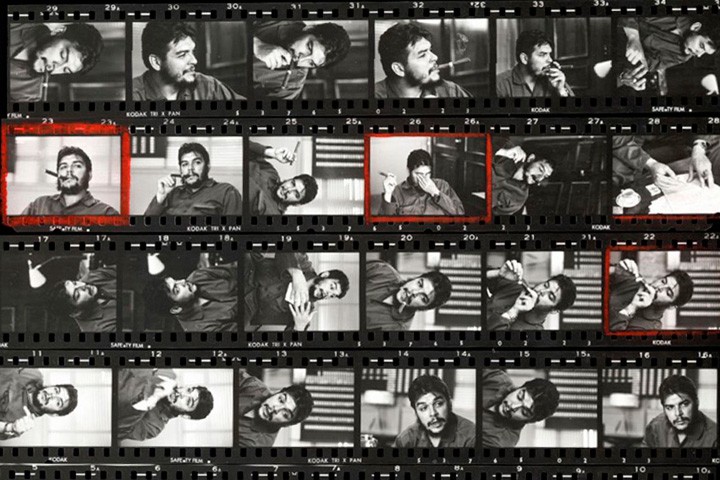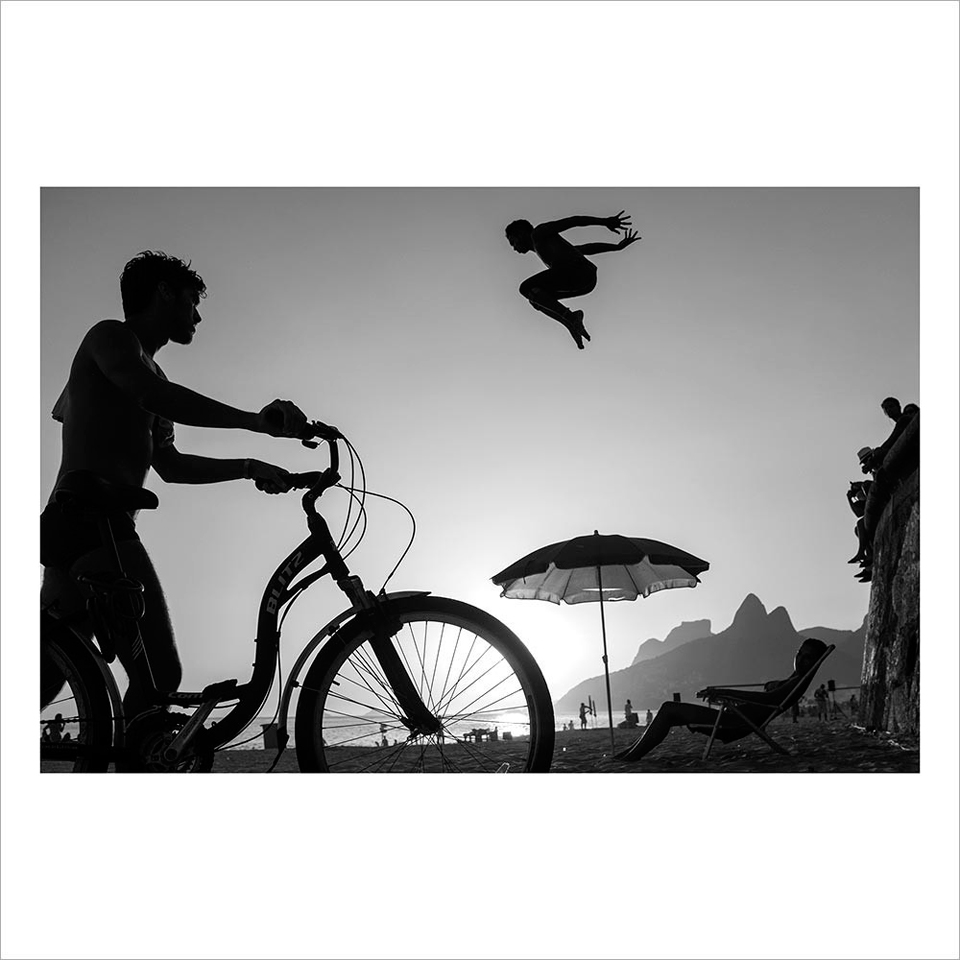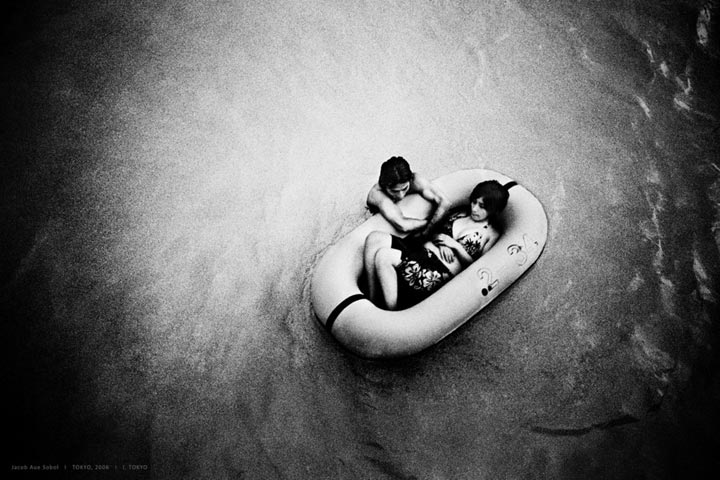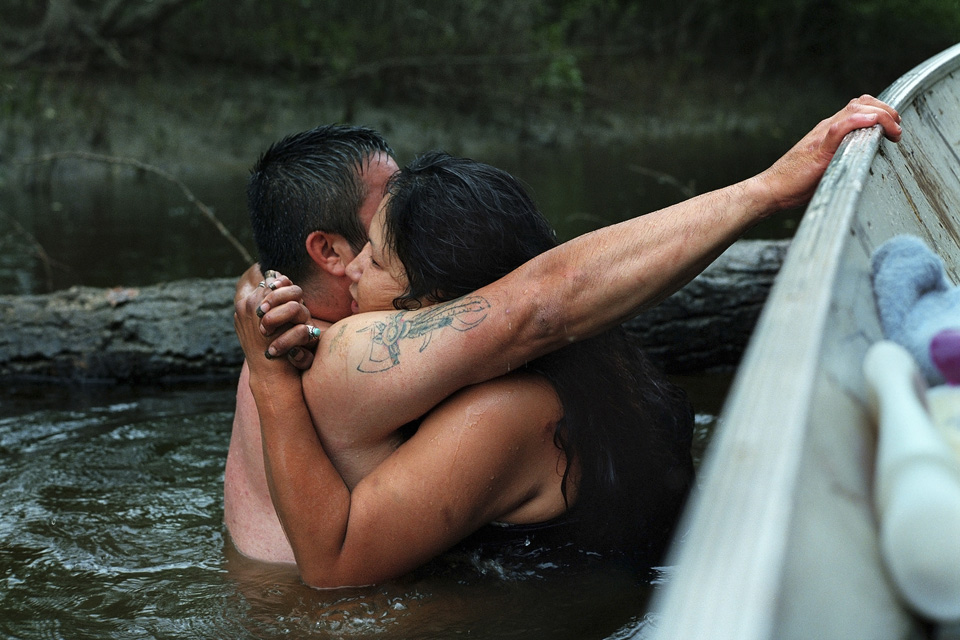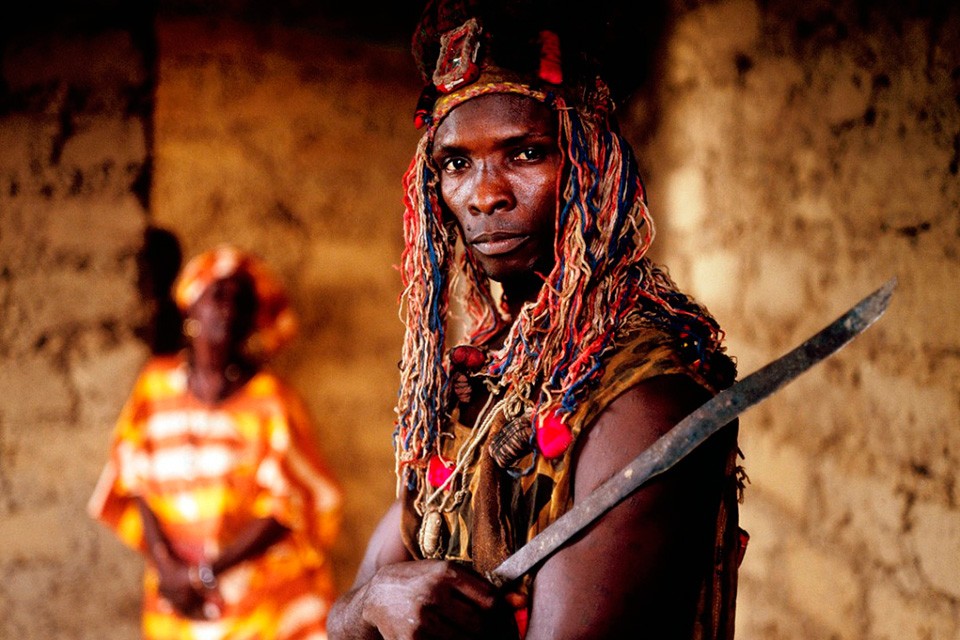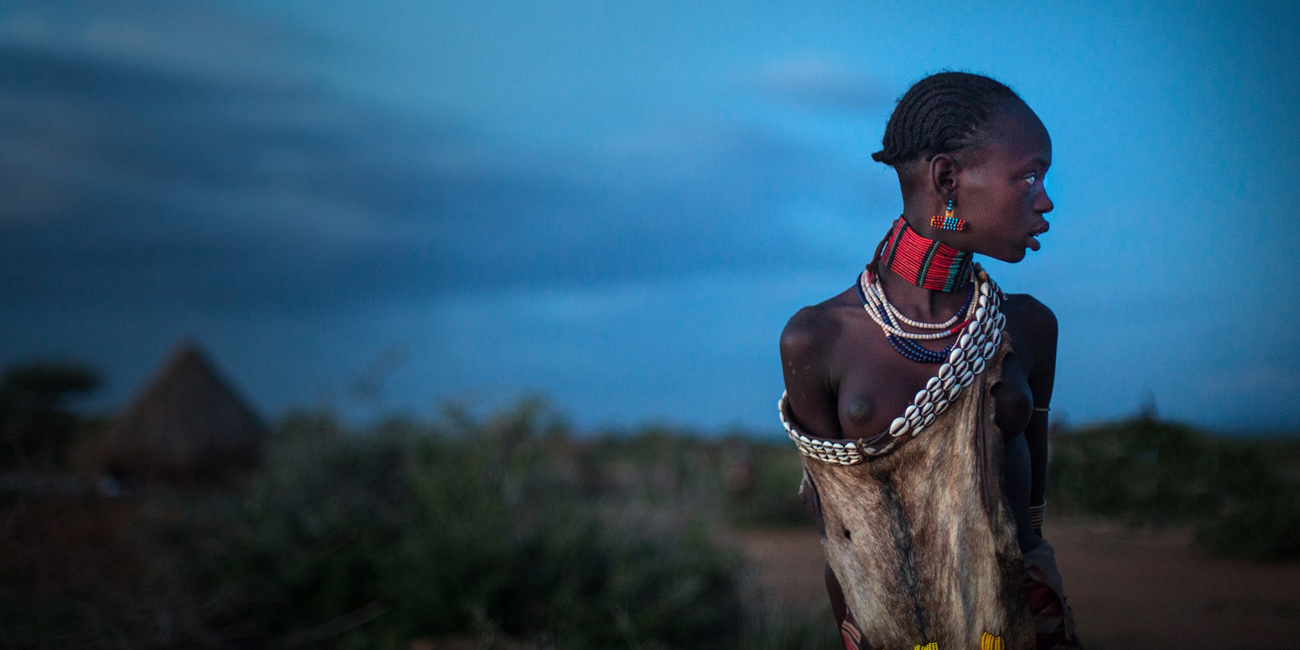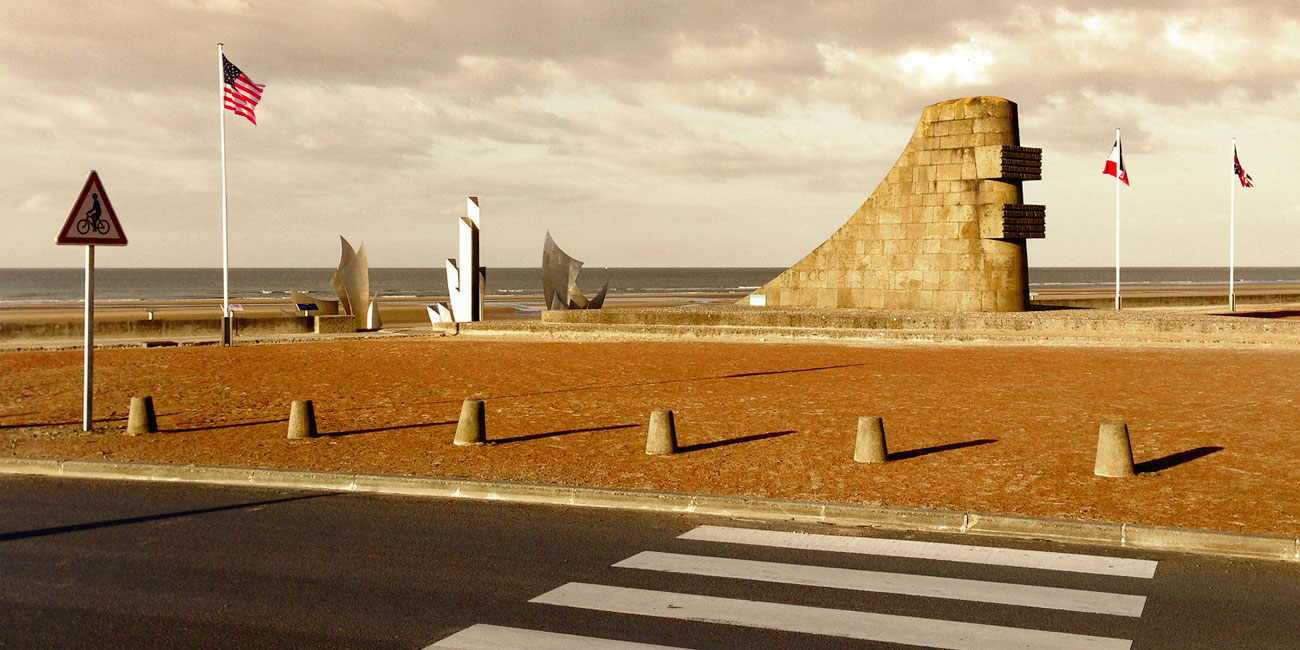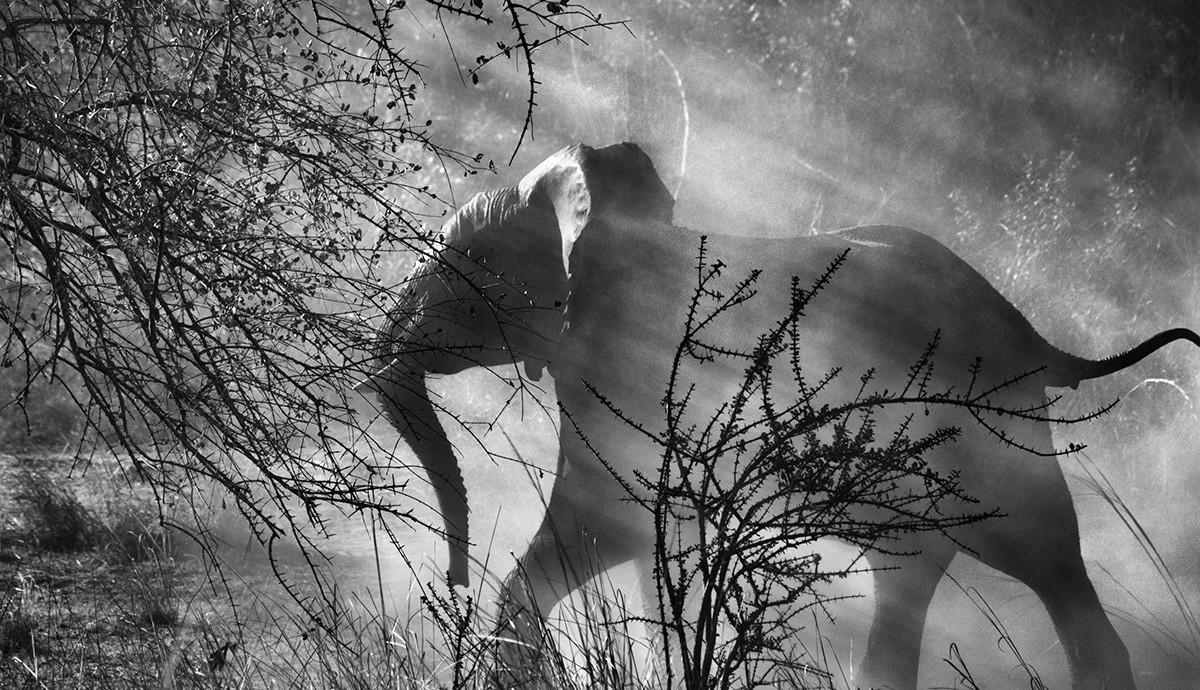
Sebastião Salgado: Not All Photographers Understand the Society They Live In
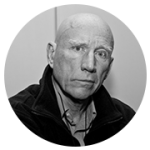
Brazilian photographer, photojournalist, together with wife Lélia Wanick Salgado founded Amazonas Images photo agency in Paris, was a member of Magnum Photo agency between 1979 and 1994. Has received multiple awards for his contribution to photography, has been awarded the title “Photographer of the Year” twice by International Center of Photography in New York. Has been UNICEF Goodwill Ambassador since 2001, is an honorary member of the American Academy of Arts & Sciences, has been awarded Centenary Medal by Royal Photographic Society. His work became the basis for the movie The Salt of the Earth, made in 2014 by Wim Wenders together with Salgados’ son, Juliano Ribeiro Salgado. The film won a Special Prize at the Cannes Film Festival.
Brazil, where my wife and I come from, was ruled by a dictatorship, and we were protesting against it. In 1969, when I was 25 and Lélia was 22, we had to leave the country. We moved to France. I majored in Economics and was writing my PhD thesis. Lélia was a pianist, she could play Russian classics beautifully, but a tragedy happened shortly before our departure — her parents died. She left music, started studying architecture, and became a wonderful architect.
I didn’t like economics anymore. We were going to move to the Soviet Union, we dreamt of studying at the Peoples’ Friendship University of Russia, I wanted to change my major and become an engineer — I was good at Math, and studied in Paris Graduate School of Economics and Statistics. We studied Marxism and the works of Lenin. We received a fantastic education. We went to Prague in 1970 to meet one Czech communist, so that he would tell us how to move to the USSR and enter a university. And he said: “Guys, you are young and idealistic, you believe in communism, but you should know there are not ideals in the Soviet Union anymore. They are not building communism, the power does not belong to the people, the apparatchiks have taken it, and if you want to fight for happiness of the common people, you should stay here and work with the immigrants.”
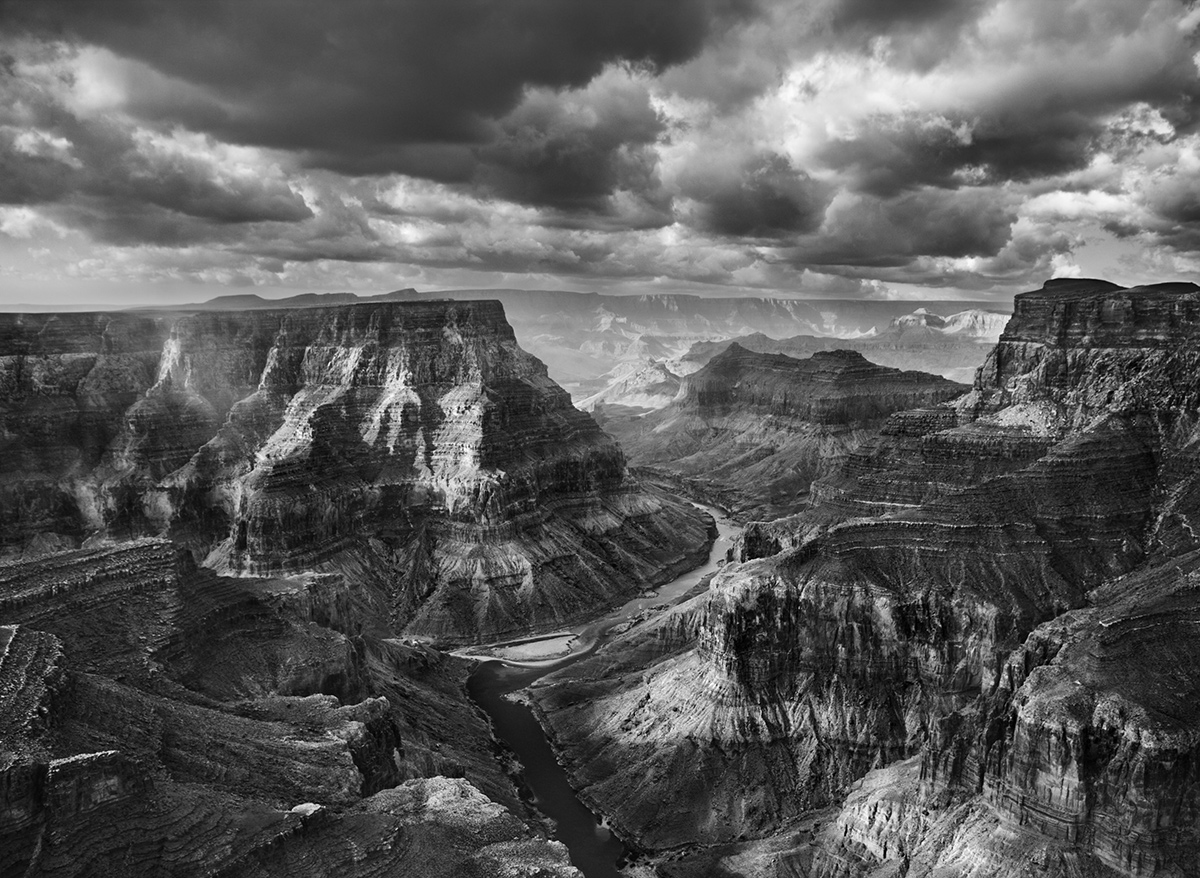
Russia was especially important to us people from the Third World. Russia is the country where a great revolution had happened, and then everything changed. Oligarchs came to power. But we were young, and we had no way of knowing that communism would disappear. We had high expectations for Russia. We had hoped that it would become a society where a new type of relation between people would be formed, that it will be the society of the future, that Russia will show how a man can live in a more developed world.
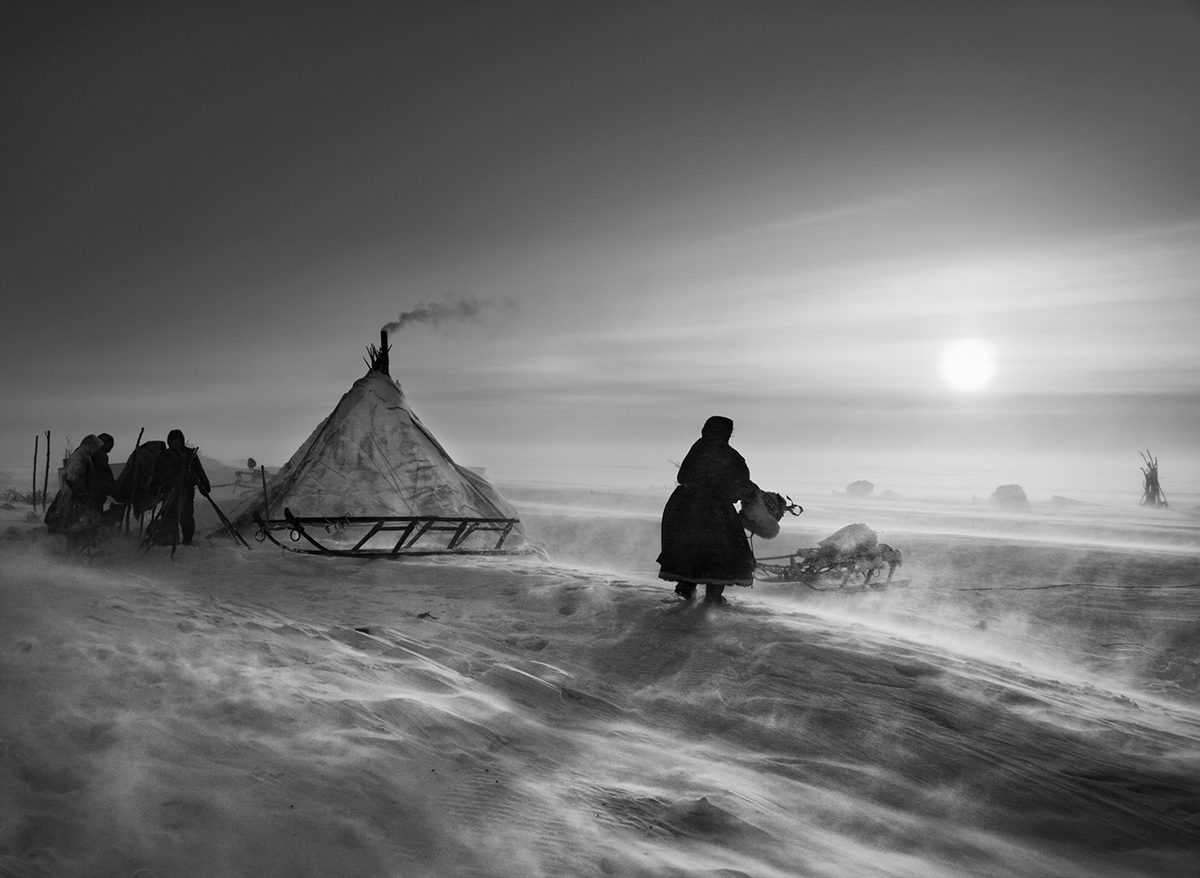
So I am thinking, what would happen if I did become an engineer? Just half an hour ago at the door of our hotel I met a person from Senegal and asked him: “How did you end up here, in Russia?”. He replied that he came here to study and stayed for good. Just think: if I came to study here, I would become an engineer and never be who I am now — a photographer. I’d be a regular Russian old man.
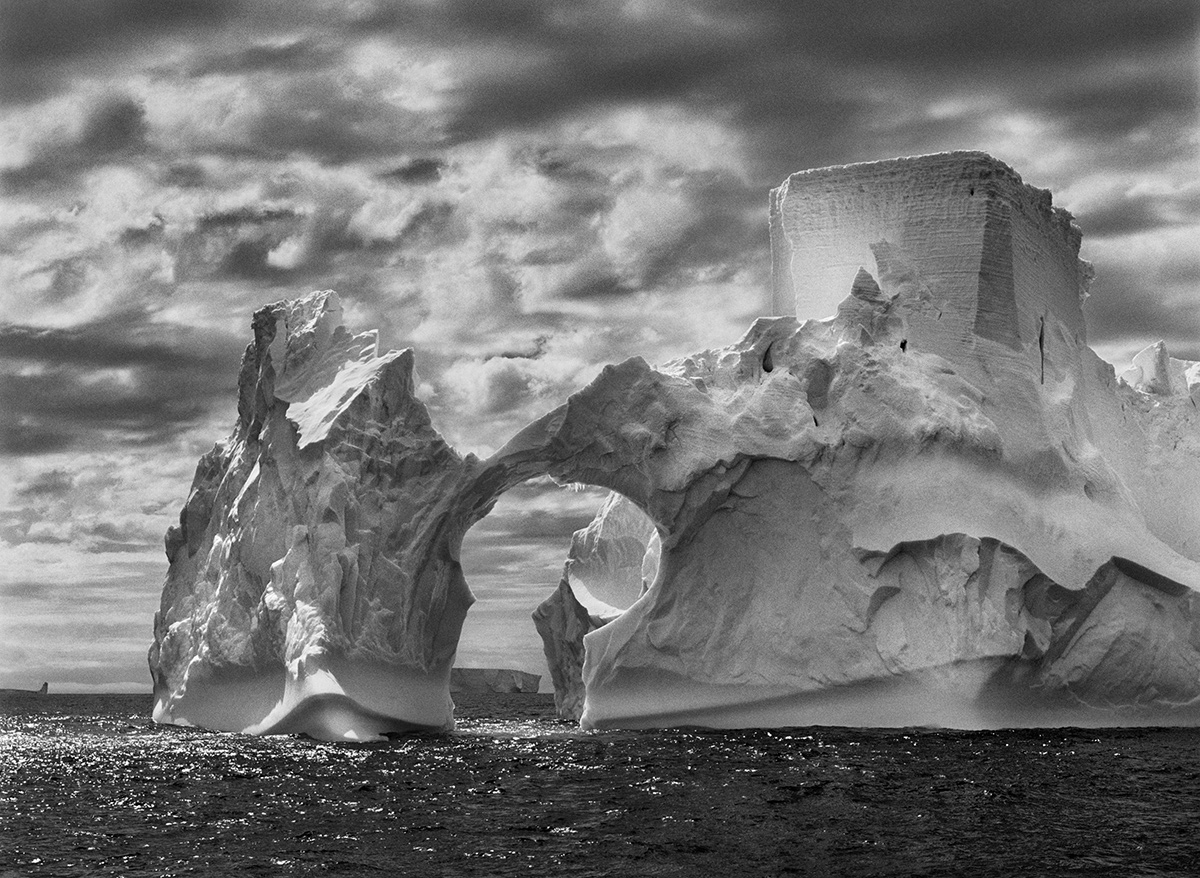
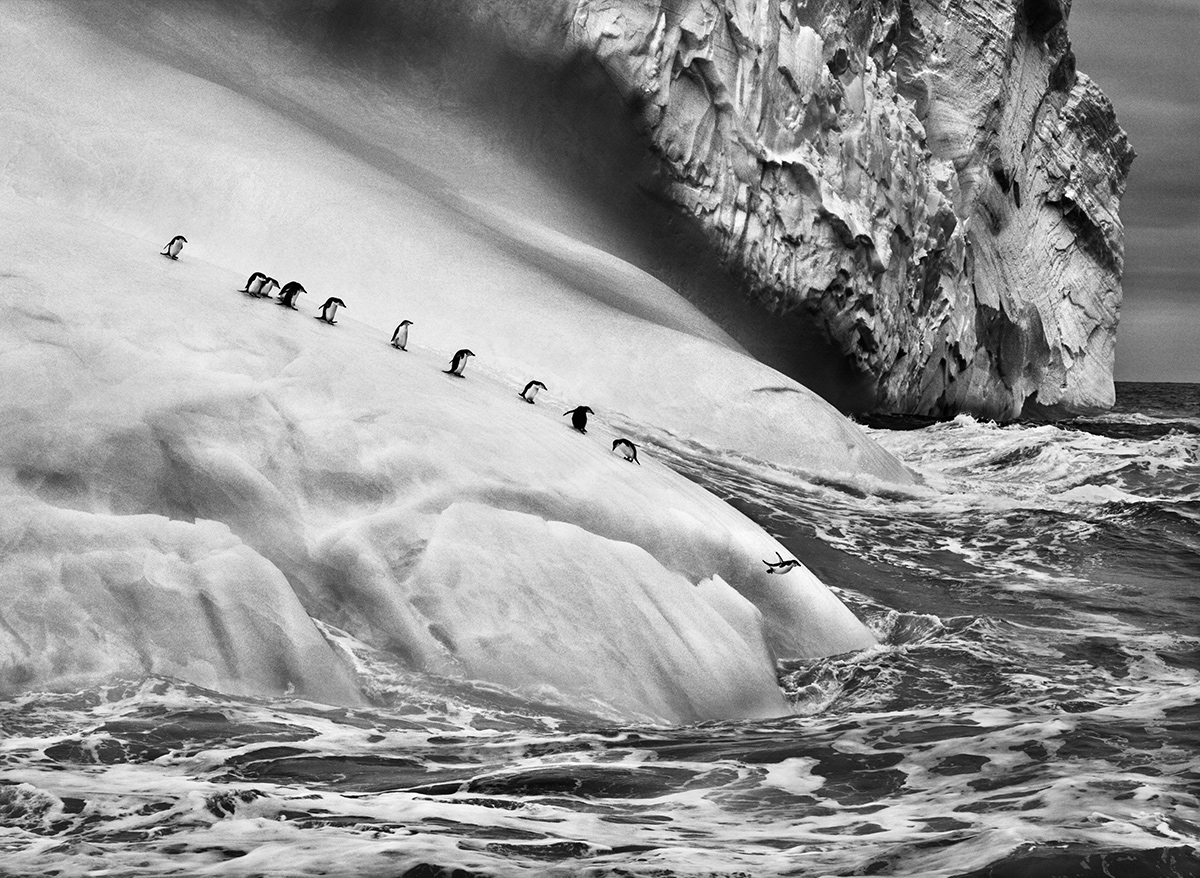
After that conversation with the Czech communist we went back to Paris. Some time later Lélia needed to buy a camera to photograph architecture. At that moment I had the opportunity to snap a picture for the first time in my life. It was a small Pentax camera, and when I looked in the viewfinder, I realized it could change my life completely. With the help of a camera, I could make everything I thought was beautiful, everything I liked, everything I considered important tangible. From that moment on, I was completely absorbed in photography, and two years later became a professional photographer.
After several years of doing photography I realized that many things that happened in my life helped me form my view of the world.
Thanks to a PhD in Economics, I had extensive knowledge in the fields of sociology, anthropology, history, geography, and geopolitics.
And although I started doing photography at a rather mature age, thanks to this knowledge I had, I had many more possibilities than a photographer who had no such education.
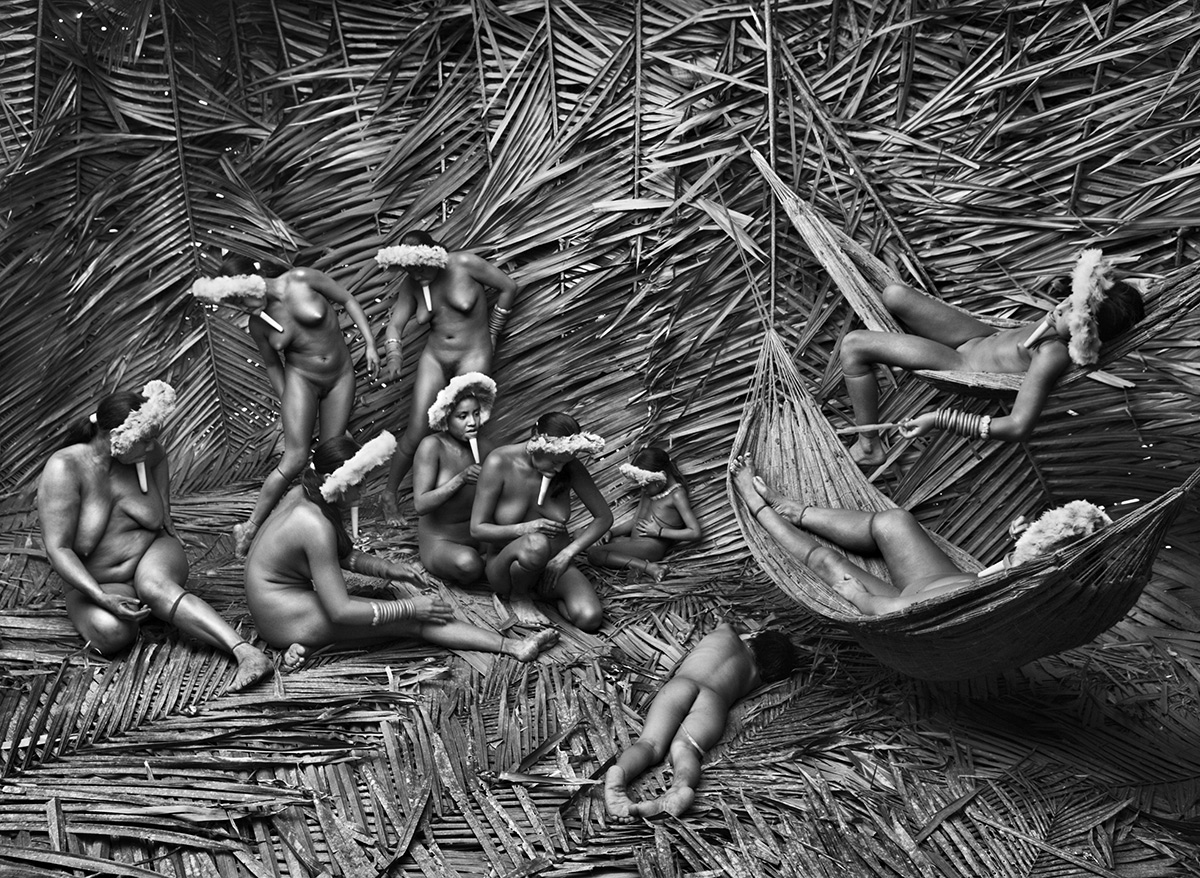
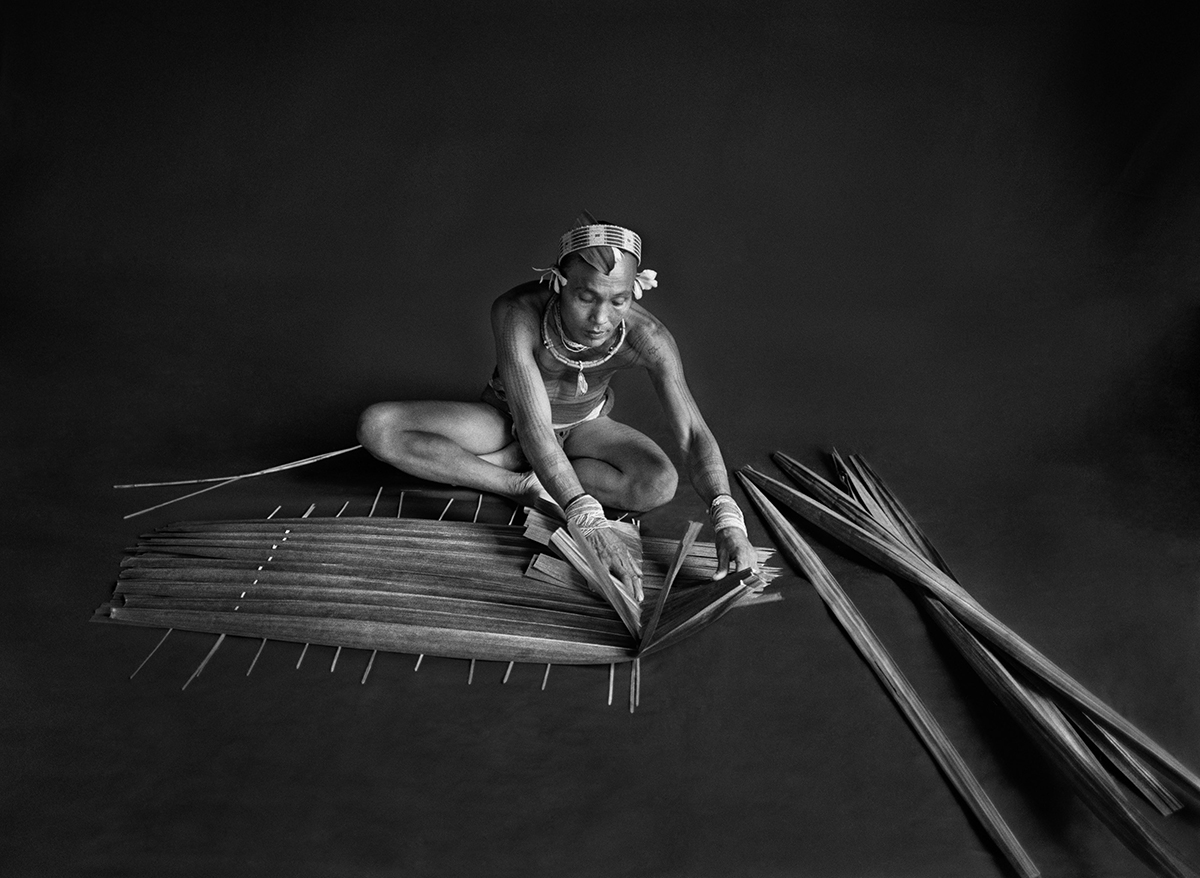
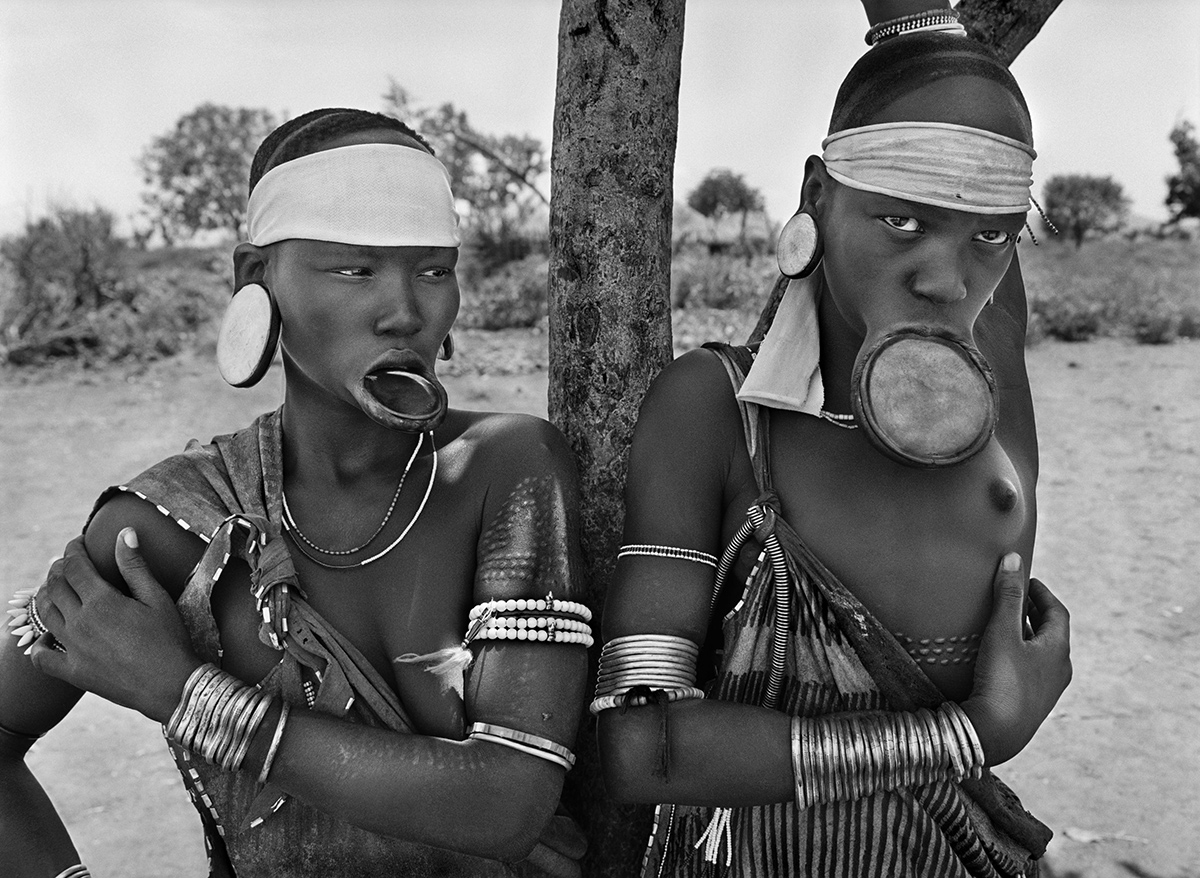
I tell my students this: “Now you have to do something for yourself, you have to set photography aside, go back to university and study sociology, anthropology, history, economics, geography, geopolitics. To learn to understand the historical moment you are in. To have meaning in your photographs, to give them reason to come to life. You need to understand our society to take good pictures.” I worked with the largest photo agencies in the world for a long time, such as Sigma and Magnum. I met wonderful professionals at those agencies who took great photos, but not all of them understood the historical moment and the society they live in.
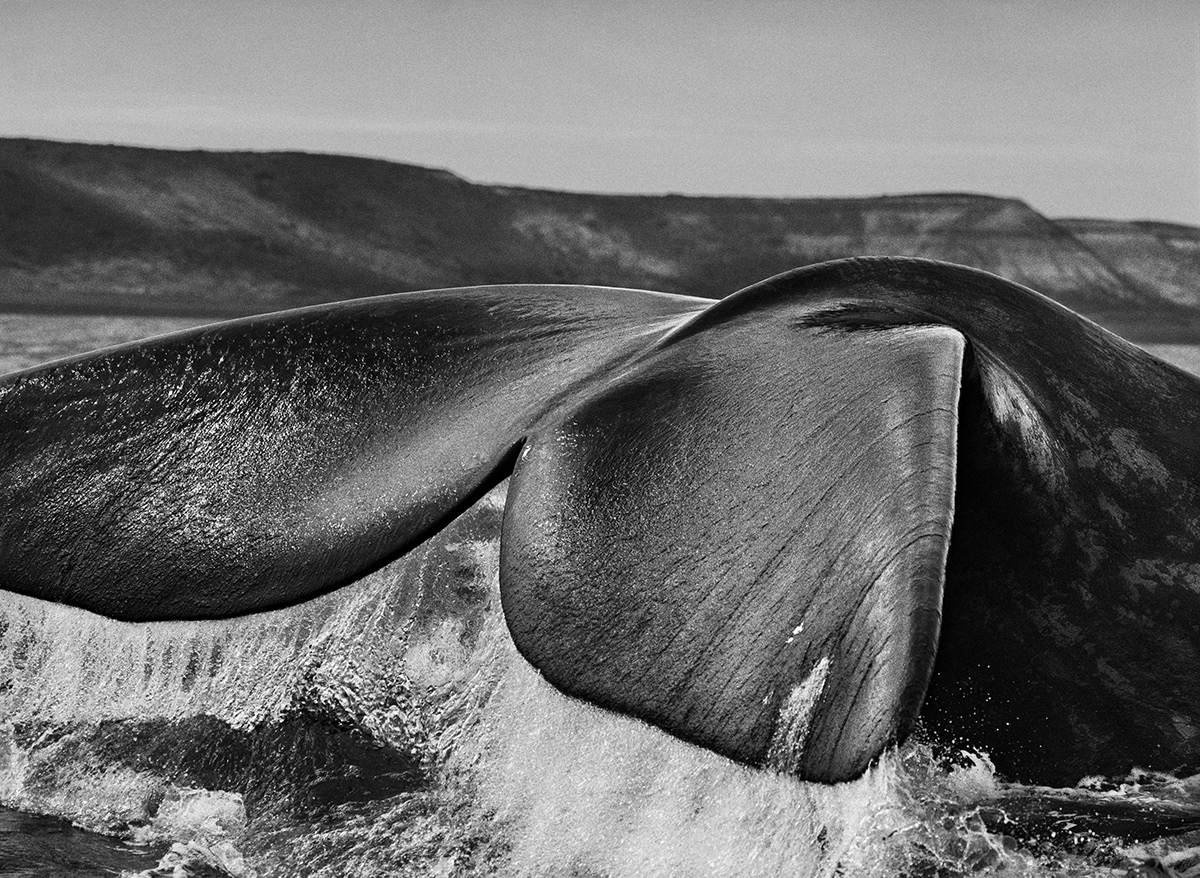
I have never thought I was better or worse than other photographers. All of us were equally professional. Some of my colleagues took wonderful, exceptional photographs, but I had the potential that the others did not. Lélia and I were working together, we came up with themes together. There were two of us. And I was lucky to receive a great education and have substantial university knowledge.
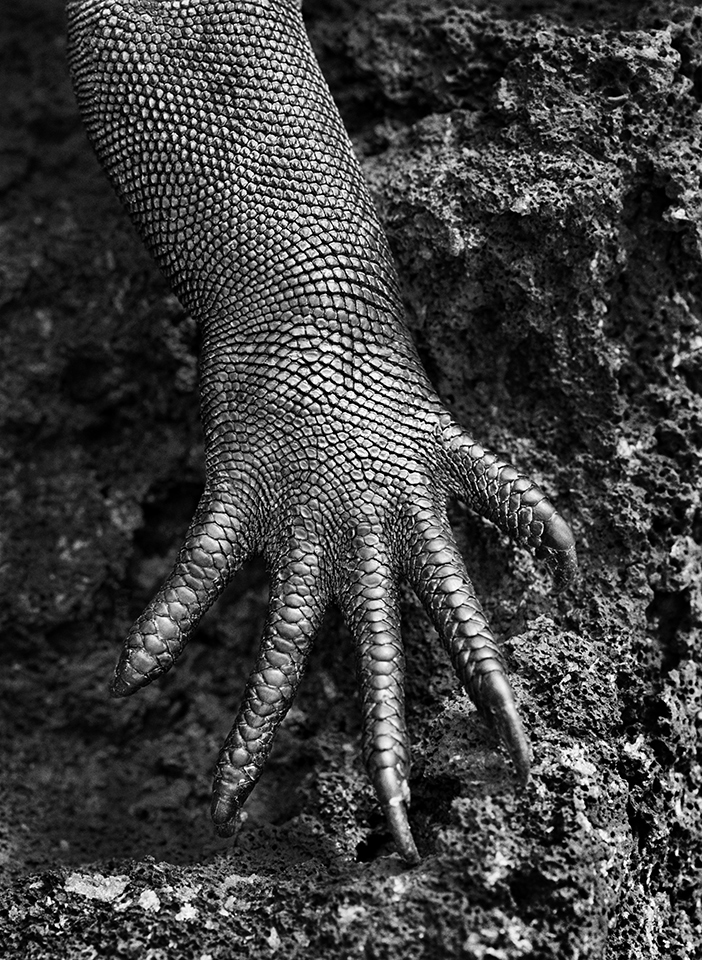

I took many photographs of common people, I have worked for non-governmental organizations such as UNICEF for a long time. We made a project about a man in distress. We traveled everywhere around the world. Many criticized me for the aesthetics of my view, for the aesthetics of the language that I used to capture those moments. But I have to admit I have never captured a man in a pitiable state. These people might have been in difficult situations, but they were full of dignity and hope. Everything used to be alright for them, they had a roof over their heads, and then, for the reasons beyond their control, because of military actions, they lost their homes and set off to uncertainty. But they tried to rebuild their lives.
Some people we meet live outside society, and they do look pitiable. But the heroes of my photographs had dignity.
If one of them perished, everyone else mourned him. Does everyone mourn in our society when we lose one? This solidarity was something I reflected in my works.
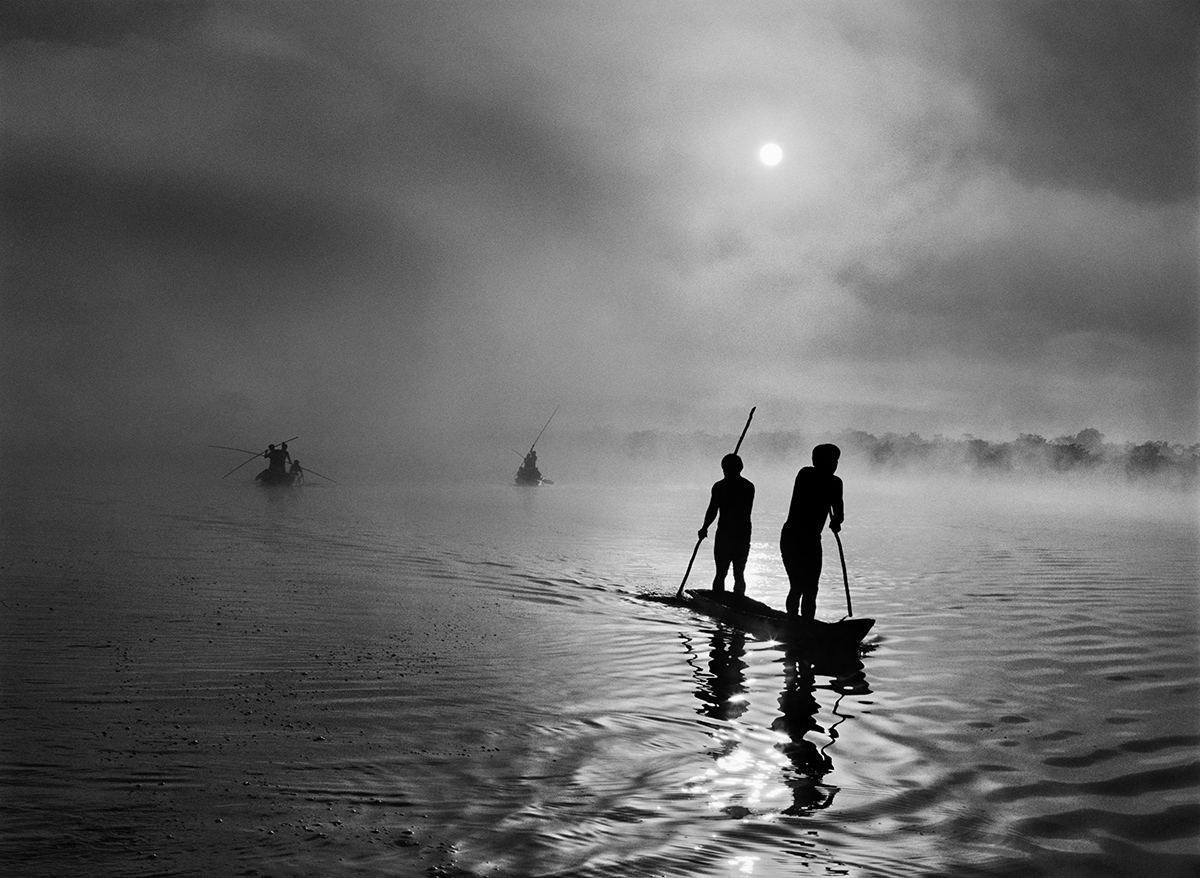
Genesis is completely different from all my previous projects. It is a love letter to our planet. We wanted to see nature, come as close to it as possible. We needed financing for a project of this scale. We approached eight big magazines, and they became our partners for eight years of the project. I wanted to see, study, photograph other animals, as the only species I photographed before were humans.
New and best
